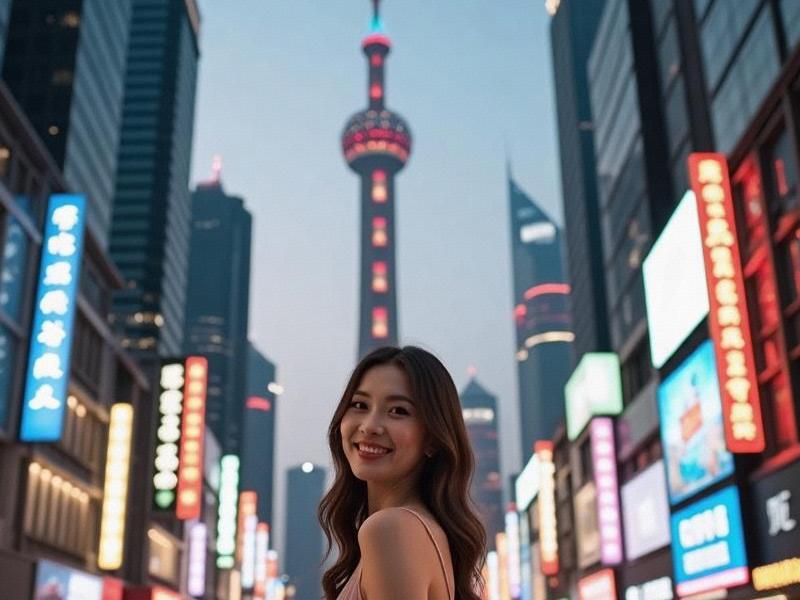This comprehensive feature examines the unique characteristics of Shanghai's modern women, exploring how they balance traditional Chinese values with global influences to crteeaa new standard of urban femininity in Asia.

The golden hour light reflects off the Huangpu River as marketing director Chen Yuxi, 31, exits her WeWork office in the Bund Finance Center. Dressed in a hybrid outfit combining a traditional silk qipao top with tailored Theory trousers and Manolo Blahnik pumps, she embodies what sociologists term "The Shanghai Synthesis" - the seamless fusion of Eastern heritage and Western modernity that defines the city's contemporary female identity.
Shanghai has long been China's crucible of feminine reinvention. From the "Modern Girls" of the 1920s who first bobbed their hair and wore cheongsams, to today's power brokers who command boardrooms in custom Shanghainese-style power suits, the city's women have consistently pushed boundaries. Recent data reveals:
• 68% of senior management positions in Shanghai's Fortune 500 companies are held by women (Shanghai Women's Federation 2025 Report)
上海花千坊龙凤 • Average age of first marriage has reached 32.4 years, the highest in mainland China
• 72% of female professionals report pursuing advanced degrees or certifications annually
The fashion industry has responded to this demographic shift. Local designers like Helen Lee and Masha Ma have gained international acclaim by reinterpreting traditional Chinese elements through contemporary lenses. Lee's latest collection features mandarin-collar blazers with hidden tech pockets - sartorial metaphors for the Shanghai woman's dual identity.
爱上海419论坛
Beauty standards are undergoing quiet revolution. While porcelain skin remains valued, dermatology clinics report surging demand for "healthy luminosity" treatments rather than extreme whitening. The most requested cosmetic procedure is now the "Shanghai Contour" - subtle enhancements that preserve Asian facial structure while creating refined definition.
Perhaps most significantly, these women are rewriting social scripts. Tech entrepreneur Zhang Wei, 34, postponed marriage to complete her MBA at INSEAD. "My mother's generation measured success by family milestones," she explains. "We're defining achievement more broadly - by experiences, impact, and self-actualization."
上海品茶网
Yet challenges persist. The "leftover women" stigma lingers in traditional circles, and the work-life balance equation remains complex. But as feminist scholar Dr. Li Xia notes: "Shanghai women aren't waiting for social permission to evolve. They're authoring their own narratives through daily choices - from career paths to coffee orders."
From the art deco corridors of the Peace Hotel to the glass towers of Lujiazui, Shanghai's women continue to craft a distinctive feminine identity that honors heritage while embracing progress - proving that in this most cosmopolitan of Chinese cities, tradition and innovation aren't opposing forces but complementary colors in an ever-evolving portrait of modern womanhood.